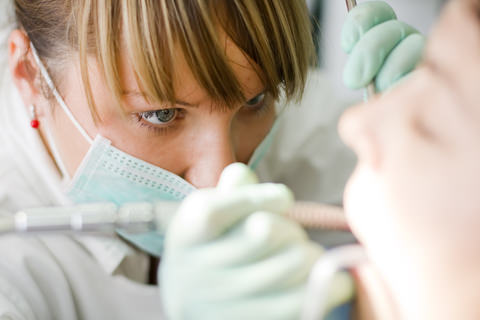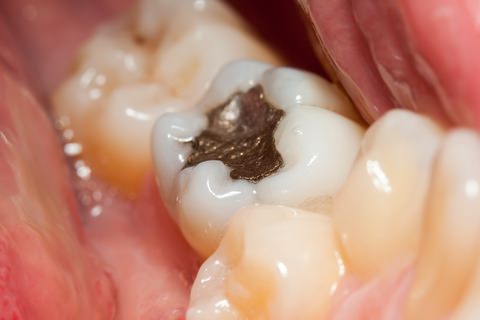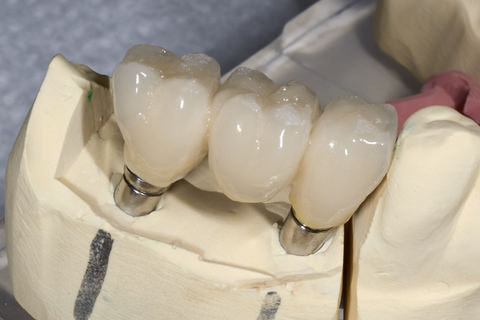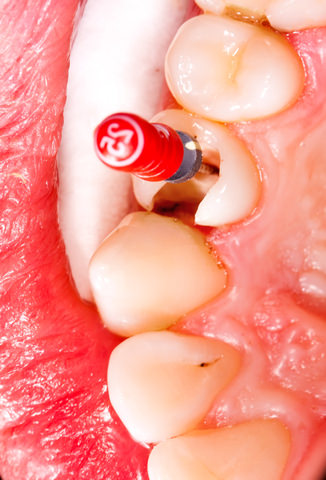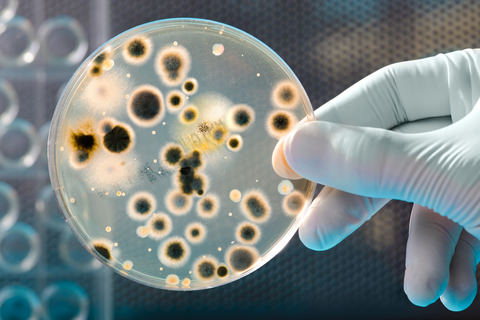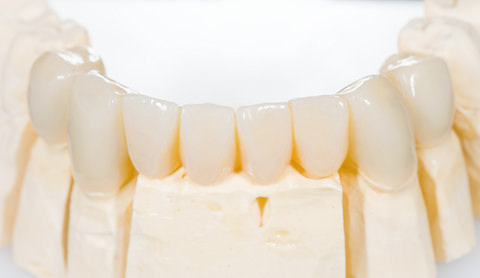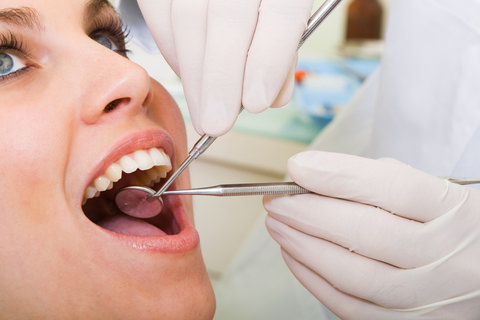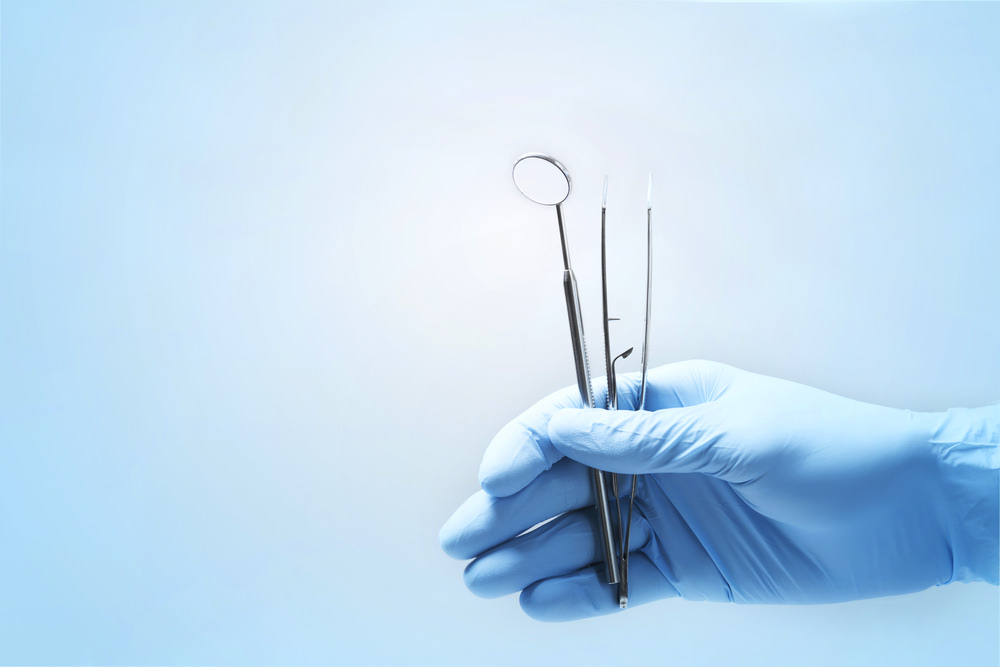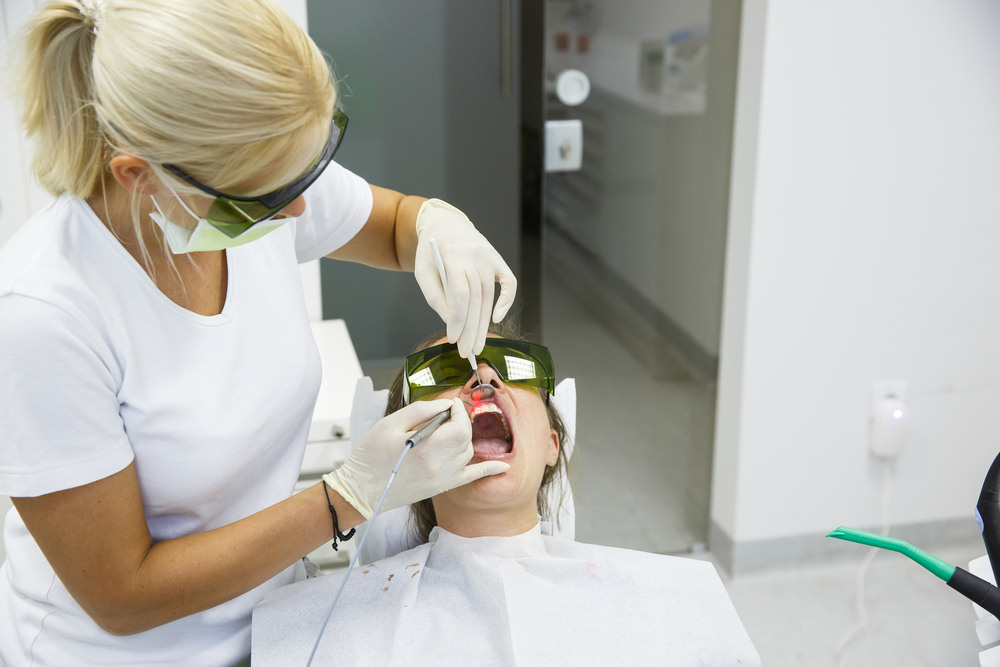Holistic Dentists: How Are They Different?
Can holistic dentists change your view of dentistry?
When most of us think of the dentist, we think of a “regular” or traditional dentist. But how is holistic dentistry different from the traditional approach?
In this post, I’ll look at the advantages and disadvantages of both.
You’ll also get the comprehensive information you need to determine if seeing a holistic dentist is right for you.
Let’s get to it!
What is a Holistic Dentist?
A holistic dentist is first, a dentist.
However, a holistic dentist focuses on how your oral health is connected to the overall health of your body.
Some combine their dental training with neuropathy or acupuncture.
Holistic dentists also often focus on using natural remedies for tooth problems.
These may be combined, to varying degrees, with more conventional treatments.
There is not an official list of requirements for a dentist to call themselves a holistic dentist.
So the degree to which they use or avoid traditional treatments varies somewhat.
Their philosophy is to view the patient as a whole person, treat their oral health problems and consider how it will affect the patient’s overall body.
- Fillings
- Root Canals
- The use of Fluoride
Different Types of Fillings
The most well-known and common difference is the filling that a holistic dentist will use for a cavity.
Some traditional dentists still use what is called a mercury amalgam filling.
I think we all understand that mercury is a toxic substance.
However, these fillings contain only tiny amounts of mercury in combination with much larger amounts of other metals.
According to a statement released by the Australian Dental Association, there is no evidence to support that this dental amalgam can lead to various health problems.
However, the ADA does recommend minimising the use of amalgam in:
- Children
- Women who are pregnant or breastfeeding
- People with kidney problems.
At the same time, they do approve it for use on the general population.
Holistic dentists will typically not use mercury amalgam fillings on any of their patients.
Instead, they will use alternative materials for their fillings.
New Types of Materials
Composite fillings are used when a quick fix is needed, or your budget doesn’t allow for any else.
New materials such as Zirconia or E-max provide superb quality and a brilliant finish.
Holistic dentists will also recommend the removal of mercury amalgam fillings.
Their replacement is usually with one of the other stronger and possibly healthier alternatives mentioned above.
The ADA cautions that this should only be done when the patient is fully informed of what this will mean for their teeth.
Removing and replacing these fillings can result in loss of healthy parts of the tooth.
Ironically, it can also result in the release of more mercury.
Avoiding Root Canals
In traditional dentistry, root canals are a common practice and are done to save a tooth that has been infected down to the root.
By drilling out the infected pulp and filling it in, traditional dentists can save a severely infected tooth.
This will allow you to keep your natural tooth and avoids the need for a tooth extraction.
Traditional dentists usually place a high priority on keeping as much of a natural tooth as possible.
Holistic Viewpoint
Holistic dentists are generally against performing traditional root canals.
Many cite concerns that there may be leftover bacteria in the root following the procedure.
The worry here is it could release toxins into your body.
Holistic dentists argue that it’s not possible to thoroughly sterilise the tooth.
They may use alternative therapies, such as ozone therapy to sterilize the root without the use of chemicals.
Ozone therapy uses ozone (O3) gas to disinfect and treat wounds, including, in this case, infected teeth.
In dental treatments, this is often done through the application of ozonised water.
Holistic dentists may also use biocompatible composites rather than traditional crowns to seal the tooth over following a root canal.
Others may advocate for extractions instead of root canals. Even going so far as to say that teeth that have previously had a root canal should be extracted.
This is certainly not universal among holistic dentists, but it is something that’s worth being aware of.
How They Feel about Fluoride
Fluoride has become extremely common in the past decades as a way to prevent tooth decay.
Traditional dentists are strong advocates for fluoride.
This includes fluoride in drinking water as well as in treatments at the dentist’s office.
There are two main types of fluoride:
- Topical
- Ingested
Holistic dentists are by and large against ingested fluoride.
They argue that ingested fluoride may be linked to cancer and other problems without providing benefits for the teeth.
Because of this, they are also generally against the putting of fluoride in the public water supply.
Voicing concerns about the possibility of fluorosis and other health concerns.
Traditional dentists point out the benefits that fluoride has had for decreasing rates of tooth decay since its widespread use began.
On the other hand, some holistic dentists are in favour of the use of topical fluoride, which is applied directly to teeth that are already in the mouth.
The opinion is divided, and some holistic dentists prefer to avoid the use of fluoride entirely.
- Fillings
- Dental Veneers
- Crowns
- Bridges
- Dental Implants
Most of us probably don’t overthink this point, except perhaps if we don’t like the look of them.
In most cases today, these materials are made to look like a natural tooth and to match the colour of the surrounding teeth. And they do a pretty fantastic job of it!
Okay, your dentist and their experience have a lot to do with the outcome.
In addition to avoiding amalgam, holistic dentists will also commonly test out which composite or dental lab materials would work best for you and your smile.
They often use multiple composite fillings in their practice or rely on the expertise of their dental lab technician.
There is often a test to see if a patient may be allergic to a particular material.
This practice stems from the belief that the materials used in your mouth can have a more significant effect on the rest of the body.
By using biocompatible resins for their dental work, holistic dentists hope to promote overall health in addition to oral health.
Similarities
The differences between traditional dentists and holistic dentists may not always be so apparent.
Many traditional dentists might use what could be considered a holistic technique.
While a holistic dentist might do something that is seen as more traditional.
For example, with new technology and continuous innovation in the dental industry, most Australian ‘traditional’ dentists use only a mixture of composite resin and dental lab materials for patients that require dental work.
At the same time, some holistic dentists are in favour of the use of topical fluoride to prevent tooth decay.
The degree to which dentists might be considered holistic can also range from practice to practice.
One dentist might consider themselves holistic primarily because they avoid mercury amalgam fillings and traditional root canals.
Another dentist might take things much further, incorporating different alternative treatments like acupuncture.
Some holistic dentists even consider specific teeth to be connected with different areas of the body.
Which to Choose?
Whether looking for a traditional dentist or someone more holistic, the first thing to look for is a qualified dental professional who will give you quality treatment.
A dentist who doesn’t label themselves as holistic won’t mean that they are not aware of holistic methods or that they are not concerned with your overall health.
A good dentist should be willing to answer questions, explain your options, and let you know why certain procedures might be necessary.
Often you may find that the treatment offered by a holistic dentist is not so different from what a traditional dentist might recommend.
A dentist who is good at their job will be aware of the latest developments in the dental field.
Making sure to put your needs and health first as well as using the best techniques to ensure your health.
Conclusion
No matter what sort of dentist you choose, it’s important to be an informed patient and advocate for your health.
The holistic approach to dentistry can be beneficial, but like most things, it is wise to understand both sides of the coin.
Asking questions, discussing options is a great way to find out what your dentist is thinking.
Understanding any treatments that you may receive will give you the knowledge and provide self-confidence to make the correct decision.
If your dentist doesn’t answer questions or is vague, it may be time to seek out another opinion.
Remember, oral health and your general health is most likely linked and can affect one another.
Have you ever tried a holistic dentist and what did you think? Let me know in the comments!
By Anthony Cade
Created at August 20, 2018, Updated at January 25, 2025



